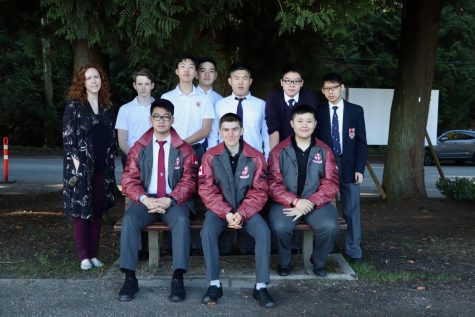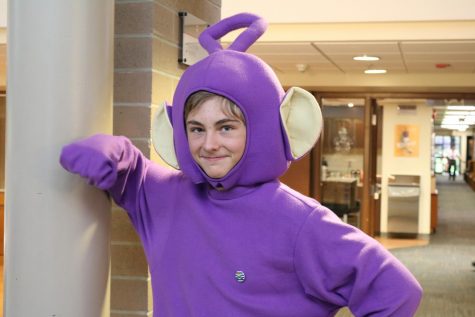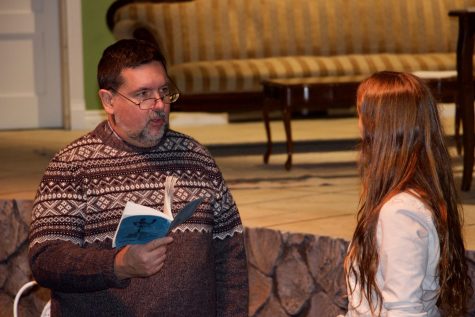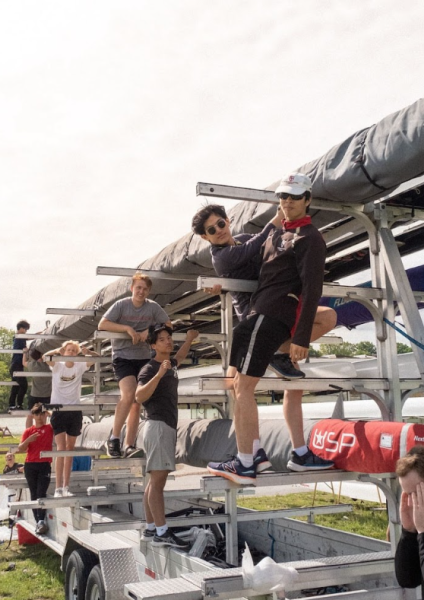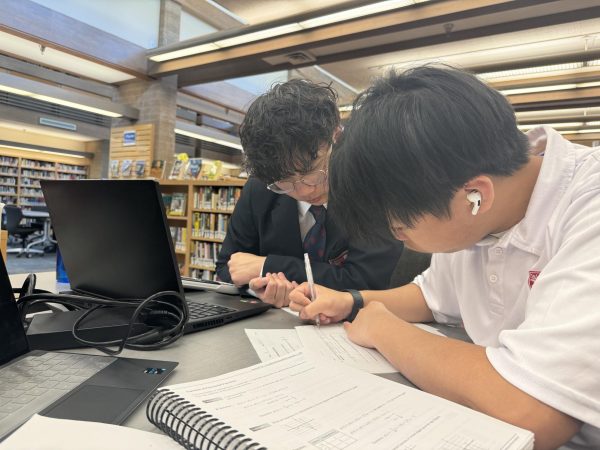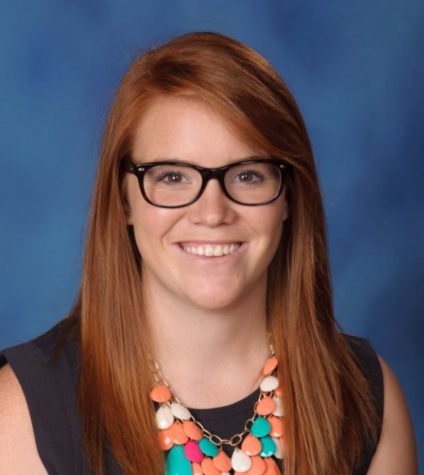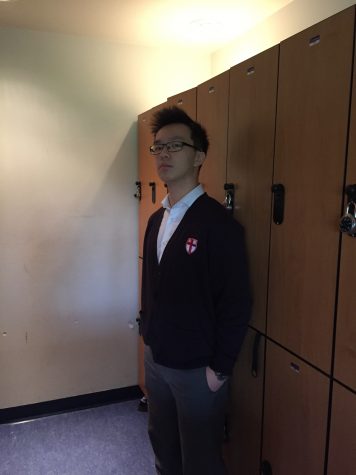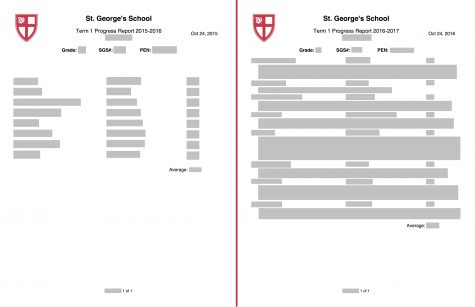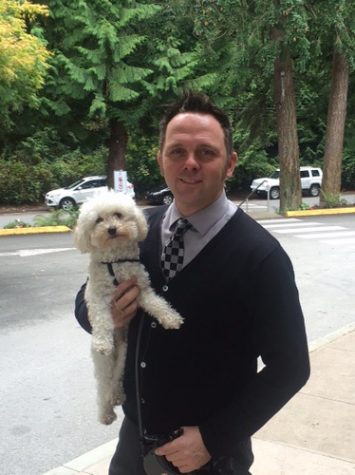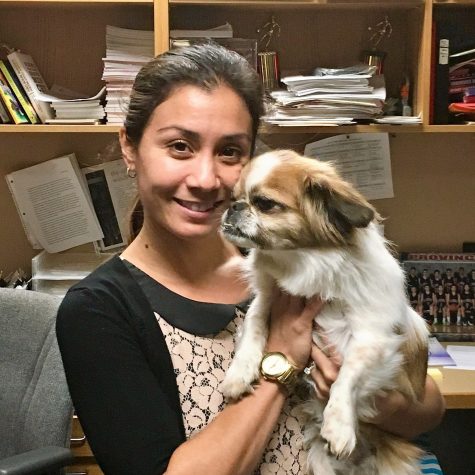A Take on Environmental Stewardship

As part of the school’s development into a more appreciable institution, environmental stewardship has come to the forefront of the student government’s plans. The Creed caught up with the head of Environmental Stewardship, Will Andrews, to pick his brain on the matter.
- What inspired you to run for the environmental stewardship position?
Growing up I did a lot of outdoor trips with my family, canoeing, kayaking, hiking etc. and in doing so developed a love for activities outdoors. I liked going on trips and leaving the city behind and taking advantage of what British Columbia wilderness has to offer. In the Discovery 10 program I further built on this love and respect for the environment, which ultimately prompted me to take the position of Environmental Stewardship prefect in order to do the most I could to encourage sustainable practices and spark education on environment issues in the school.
- What is your goal as environmental stewardship head?
Leading the environmental portfolio, or any portfolio for that matter, I have found it is very easy to see all of the issues/malpractices going on in the school with regards to environmental sustainability and immediately begin to think of initiatives to solve all of them. With limited time and resources this just isn’t possible, so, if I had one goal it would be to pass along knowledge and attempt to educate students on the issues that are going on in the school but, more importantly, in the community and around the world. This is because initiatives solve the problems within the school, but education on these issues and learning about solutions to them reaches beyond St. Georges and goes with it’s students to the wide array of professions and fields they find themselves in after highschool.
- What is the biggest obstacle you face with your goals?
The biggest obstacle that our efforts for environmental sustainability and environmental teaching face are the problem these things encounter outside the school. Taking action to protect the environment is very rarely the most personally beneficial and efficient way of doing something and thus people don’t tend to do it. Sure you can compost your organic material in the bin down the hall, or you could throw it in the garbage right in front of you and never see the results of your actions. This is why simply providing the physical resources for sustainable action is not enough, there has to be a change in mindset, which is very difficult to achieve.
- How do you plan to make the environment more relevant here at St. Georges?
I think again this comes back to encouraging education on the topic of the environment and making environmental issues more common in the school environment and even the curriculum. Sure events that I put on may succeed in solving some issues but education on the issues will have a much greater impact of done right and I think this is the best way for me to “make the environment more relevant” for the students here. Education is the best way for me to show student that the environment is more relevant to them than they may think as we all lead lifestyles that are moving further and further from environmental interaction.
- Do you have aspirations of reaching beyond the Saints community?
So far we have collaborated with Crofton House School on a battery drive that will be going on in February and we have discussed expanding our initiatives and ideas to the community and other schools. Of course organization gets difficult once things get outside the St. Georges community but we are hoping to team up with other schools with our initiatives as much as possible over the next few months because initiatives done with other schools have a higher chance of being carried over into future years as the schools hold each other accountable to a certain extent.
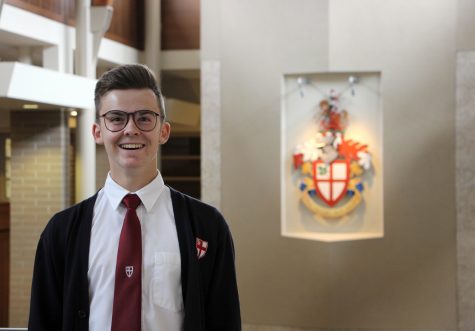
Sandy is a grade 12 student at St. George’s School, Canada’s World School for Boys. Sandy has been at the school since the wee years of grade 6 and...



